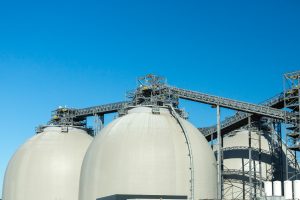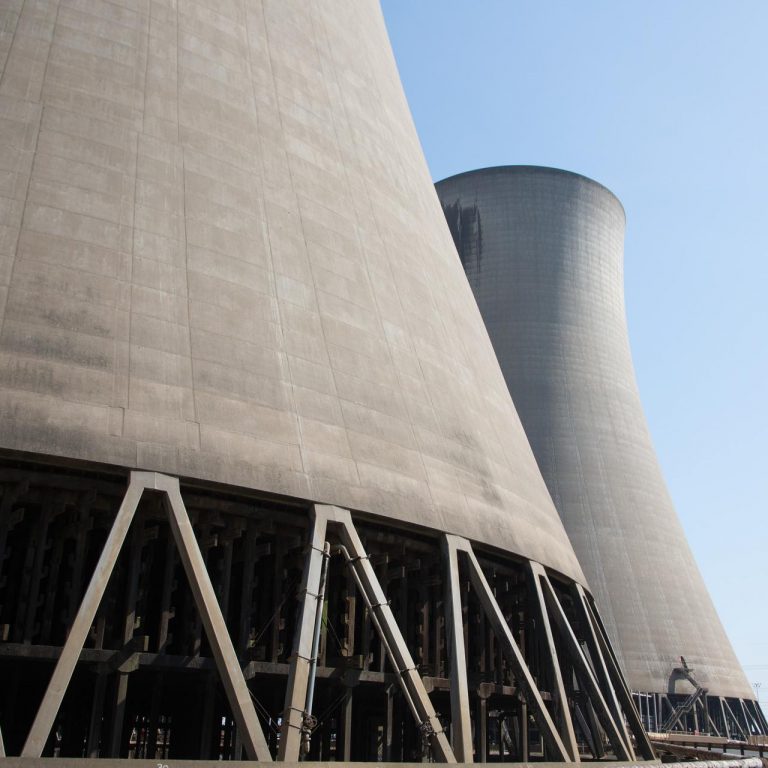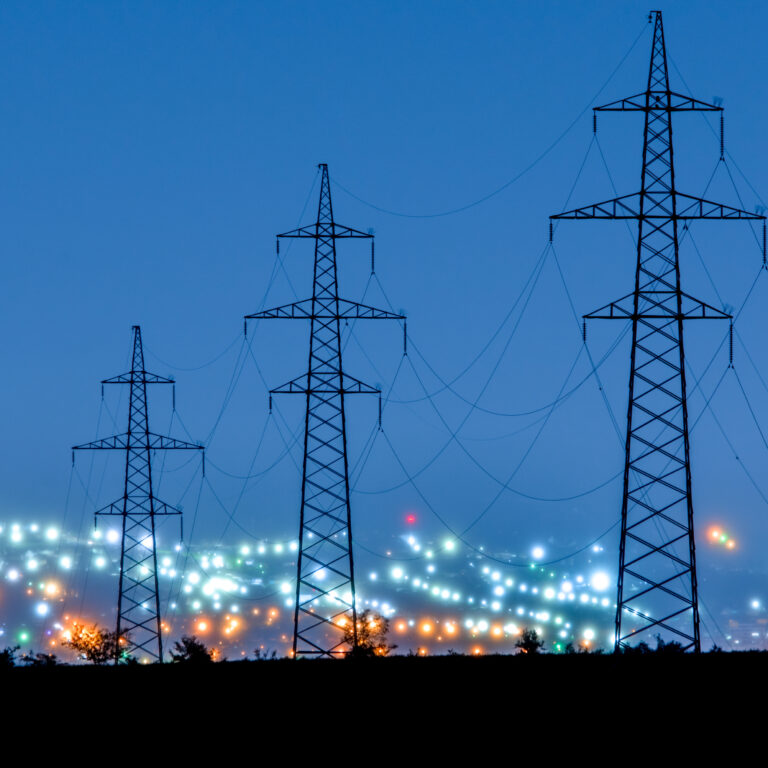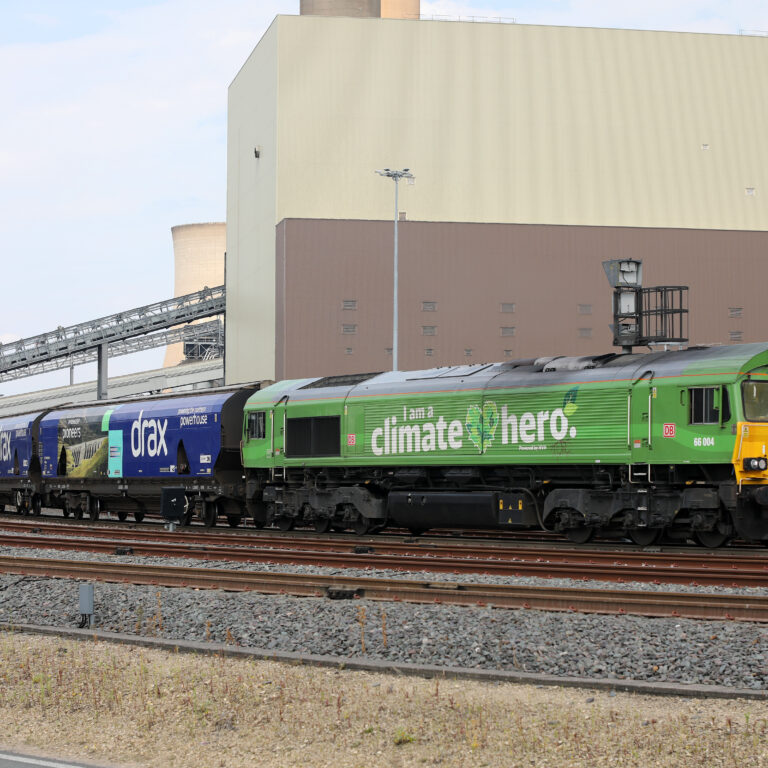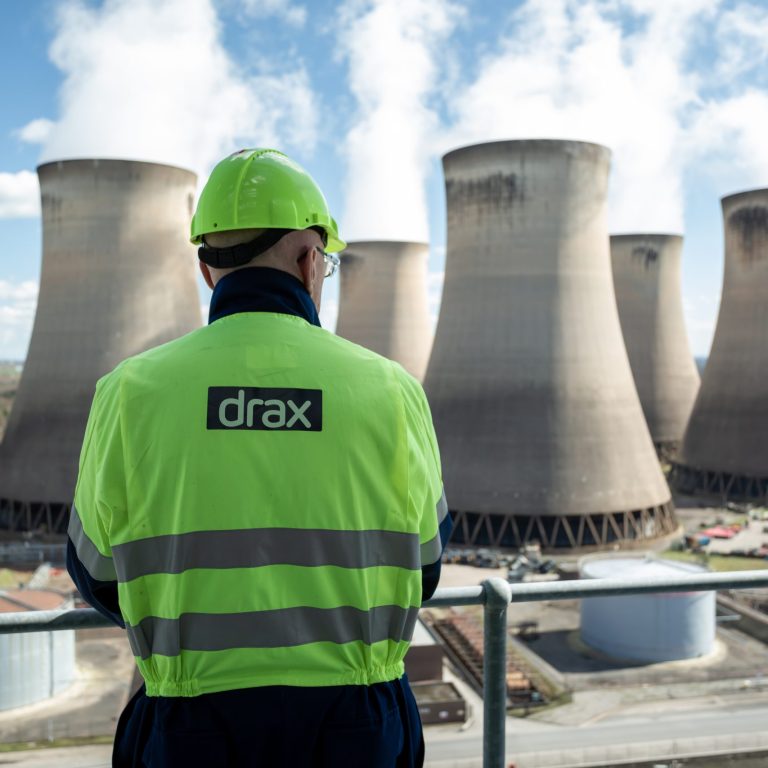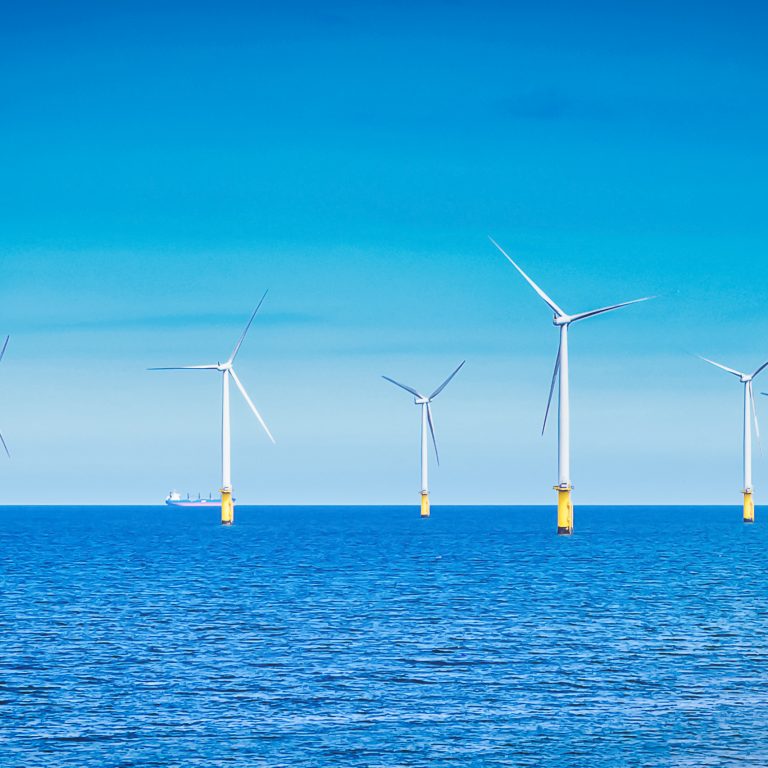-
The transition to renewables led to a 107 million metric tonne reduction in annual carbon emissions from Britain’s power sector.
-
Sustainable biomass generated more power than solar energy and provided an outsize contribution to reducing emissions and wholesale power prices.
-
Decrease in power demand was the single biggest driver of emissions decline in the electricity sector in the past decade.
Over the period, carbon emissions in Britain’s power sector fell by around two thirds to 54 million metric tonnes in 2019 from 161 million tonnes in 2010 as the country’s generators shifted away from coal and natural gas to renewables such as sustainable biomass.
Electricity demand, which fell 13% over the decade, delivered around a third of the decline in carbon emissions in the sector over the period, while wind energy delivered a quarter of the reduction, according to an independent analysis by academics from Imperial College London for Drax Electric Insights.
The fall in power demand came even as the population grew by 7% and GDP rose by a quarter as measures such as more energy efficient lighting, manufacturing and other efficiency measures took hold.
However, this decline could be reversed in the years ahead with the rise in the use of electric vehicles and household heat pumps, meaning further decarbonisation cannot be achieved through a reduction in demand alone.
The report warns that with the greater reliance on weather-dependent sources ‘system operability will undoubtedly become more difficult in the years to come’, with a need for increased system support services and greater flexibility.
Dr Iain Staffell of Imperial College London and lead author of the quarterly Electric Insights reports said:
“In the past decade, we’ve seen unprecedented changes in Britain’s power system, which has transformed at a speed never seen before.
“Several factors made significant contributions to falling emissions including carbon prices, coal retirements, conversions to biomass and the growth in wind capacity. But reductions in electricity demand dwarfed all the others – helping to push down power prices and environmental impacts.
“If this pace of change can be maintained, renewables could provide more than half Britain’s electricity by the end of this decade and the power system could be practically carbon free.”
Biomass provided a bigger reduction in emissions and wholesale power prices than solar power relative to the size of its installed capacity, according to the report.
Andy Koss, Drax CEO of Generation, said:
“Replacing coal with sustainable biomass at Drax has cut our carbon emissions by more than 80%, transforming the business to become the largest renewable power generator in the UK, accelerating decarbonisation over the decade as well as supporting lower wholesale power prices.
“As the UK strives to achieve its world-leading net zero carbon target, it’s clear the power system will have to continue evolving and many different solutions, including negative emissions technologies like bioenergy with carbon capture and storage (BECCS), will be needed alongside more renewables.
“BECCS, which Drax is pioneering, has the potential to permanently remove 16 million tonnes of carbon a year from the atmosphere and help other sectors like aviation to reach net zero.”
Drax supplies 12% of the UK’s renewable electricity using sustainable biomass. Last year, the company set a world leading ambition to become carbon negative by 2030.
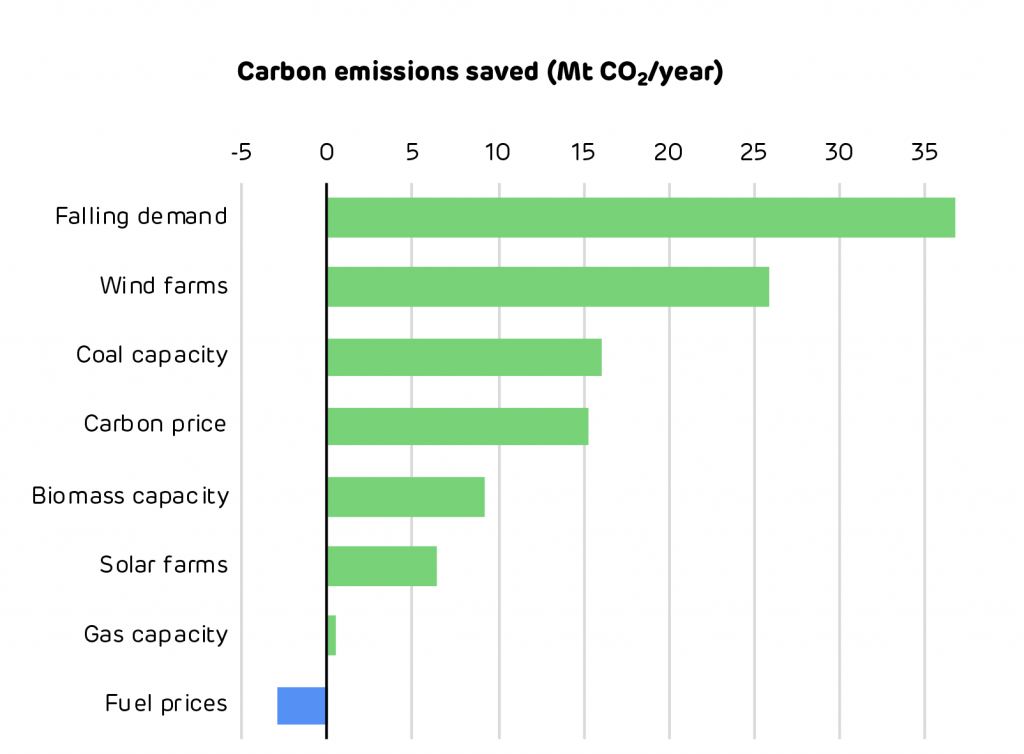
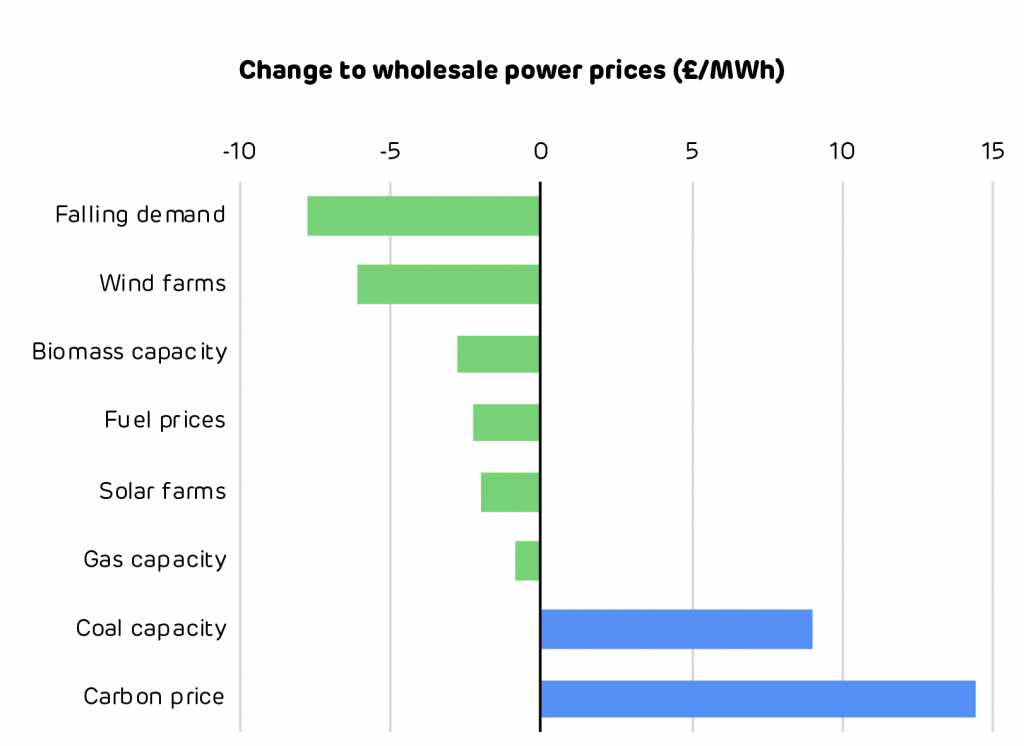
Media contacts
Aidan Kerr
Drax Group Media Manager
E: [email protected]
T: 07849 090368
Selina Williams
Drax Group Media Manager
E: [email protected]
T: 07912230393
Editor’s Notes
Decarbonisation facts over the past decade – from Electric Insights:
- Great Britain’s power system has decarbonised faster than anywhere else in the world.
- Emissions from electricity consumption fell by 64%.
- Installed capacity of renewables in 2019 (38.5GW) was more than seven times higher than the installed base in 2010 (5.2GW).
- Compared to 2010, biomass is now saving an annual nine million tonnes of carbon emissions and £2.8/MWh in wholesale prices versus six million tonnes and £2/MWh a year from solar.
- Over the last decade, biomass produced 88.1 TWh compared to 59.86 TWh from solar despite the latter having a far greater installed capacity.
About Electric Insights
- Electric Insights is commissioned by Drax and delivered by a team of independent academics from Imperial College London, facilitated by the college’s consultancy company – Imperial Consultants. The quarterly report analyses raw data made publicly available by National Grid and Elexon, which run the electricity and balancing market respectively, and Sheffield Solar.
- Electric Insights Quarterly focuses on supply and demand, prices, emissions, the performance of the various generation technologies and the network that connects them.
- The quarterly reports are backed by an interactive website electricinsights.co.uk which provides data from 2009 until the present.
- Uniquely, Electric Insights provides real time data about the UK’s transmission grid as well as embedded wind and solar generation which is not available from other sources.
- The Integrated Development of Low-Carbon Energy System (IDLES) research programme at Imperial College has developed computer models of the power system that can model different scenarios to understand the influence of separate factors such as carbon prices or increase in the volume of wind generation on the system.
- IDLES was funded by the Engineering and Physical Science Research Council.
About Drax
Drax Group’s purpose is to enable a zero carbon, lower cost energy future and in 2019 announced a world-leading ambition to be carbon negative by 2030.
Its 2,900-strong employees operate across three principal areas of activity – electricity generation, electricity sales to business customers and compressed wood pellet production.
Power generation:
Drax owns and operates a portfolio of flexible, low carbon and renewable electricity generation assets across Britain. The assets include the UK’s largest power station, based at Selby, North Yorkshire, which supplies five percent of the country’s electricity needs.
Having converted two thirds of Drax Power Station to use sustainable biomass instead of coal it has become the UK’s biggest renewable power generator and the largest decarbonisation project in Europe.
Its pumped storage, hydro and energy from waste assets in Scotland include Cruachan Power Station – a flexible pumped storage facility within the hollowed-out mountain Ben Cruachan. It also owns and operates four gas power stations in England.
Customers:
Drax owns two B2B energy supply businesses:
- Haven Power, based in Ipswich, supplies electricity and energy services to large Industrial and Commercial sector businesses.
- Opus Energy, based in Oxford, Northampton and Cardiff, provides electricity, energy services and gas to small and medium sized (SME) businesses.
Pellet production:
Drax owns and operates three pellet mills in the US South which manufacture compressed wood pellets (biomass) produced from sustainably managed working forests. These pellet mills supply around 20% of the biomass used by Drax Power Station in North Yorkshire to generate flexible, renewable power for the UK’s homes and businesses.
For more information visit www.drax.com/uk
ENDS




